The global economy is struggling with high inflation, problems in supply chains, widespread poverty. One of the most debated topics are energy and specifically oil prices. In that context, eyes have turned to Venezuela, the country with the biggest global oil reserves.
On the situation and perspective of the Italian economy, we spoke with Giuseppe Masala, an Italian economist and writer.
How do you evaluate your country’s economy currently?
I rate the economy of my country extremely negatively. Italy is coming from a ‘lost twenty years’, which started with the introduction of the Euro and has come to the present day, where the erosion of purchasing power of wages has been matched by stagnating growth. Added to this general picture is the serious crisis caused by the lockdowns due to the pandemic and now the war in Ukraine with the sanctions against Russia. A truly dramatic picture.
Do you observe signs of an economic crisis in your country? If so, based on which indicators?
Yes, I see signs of an economic crisis in my country. Based on the enormous increase in the rate of inflation, the worsening trade balance, the drop in industrial production and the decrease in consumption as well as the expectation that the ECB will raise interest rates.
All of this risks generating a serious crisis in Italy in terms of public finances (which could even lead to state default or the intervention of European mechanisms such as those we have seen in Greece), a consequent banking crisis, and consequently a serious social crisis with unemployment and poverty rising to levels that are difficult to tolerate.
Regarding the causes of the economic crisis: Which are the domestic and which are international factors that you consider as important? How do you see the relations between these?
The international causes of the crisis are the rising cost of raw materials caused by sanctions against Russia and the weakening of the euro against the dollar. Italy’s internal factors in the crisis are an excessive dependence on Russia and Libya for gas, leading to a very high risk of supply disruptions. This serious circumstance occurs in the Italian case within an already bad framework due to the very low level of private and public investments, the serious financial framework of the Italian state (excessive public debt) and the substantial technological backwardness of the private and public sectors.
How do you see the future of the global economy?
I see the future very negatively because of the war crisis in the European quadrant and the risk of crisis in the Far East (possible crisis in Taiwan). More generally, the real reason for the clash between Russia and China on the one hand and the West on the other is due, in my opinion, to the fact that the Eurasian powers want to create an alternative currency to the dollar for international trade: the Ukrainian crisis and the possible Taiwan crisis are just excuses that conceal this major monetary problem. The abandonment of the dollar by the Asian powers would mean the end of Western domination of the world. To avert this eventuality, Westerners will continue to generate political instability on the borders of both Russia and China.
What is your solution for the above-mentioned crisis?
The immediate solution to the Ukraine crisis with an agreement between the West and Russia that does not displease either side: I think the solution of a neutral and federalized Ukraine is the most rational. More generally, then, we need a new Bretton Woods involving all the great powers (US, EU, UK, India, Brazil, China and Russia) to redraw a framework of general rules on trade and international currency. There is the need to postpone the economically unsustainable green transition.







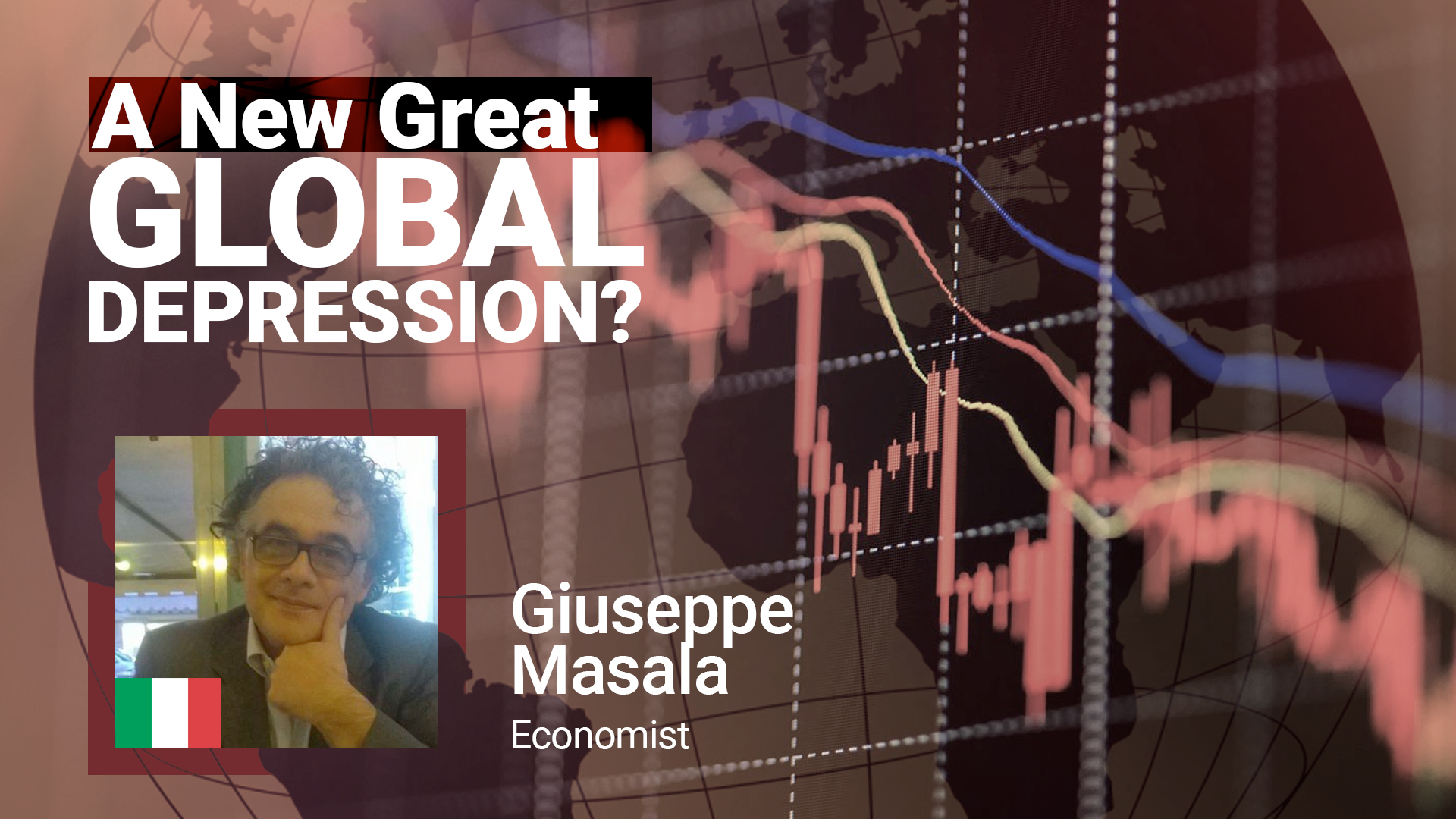
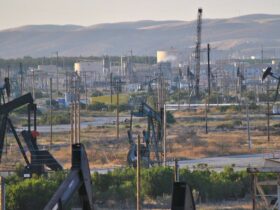
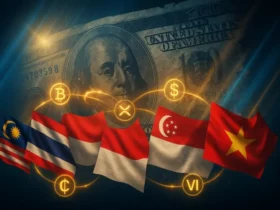
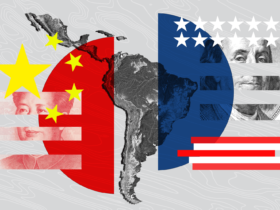


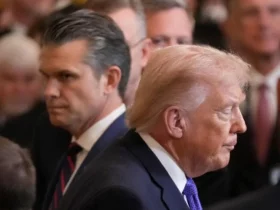



Leave a Reply